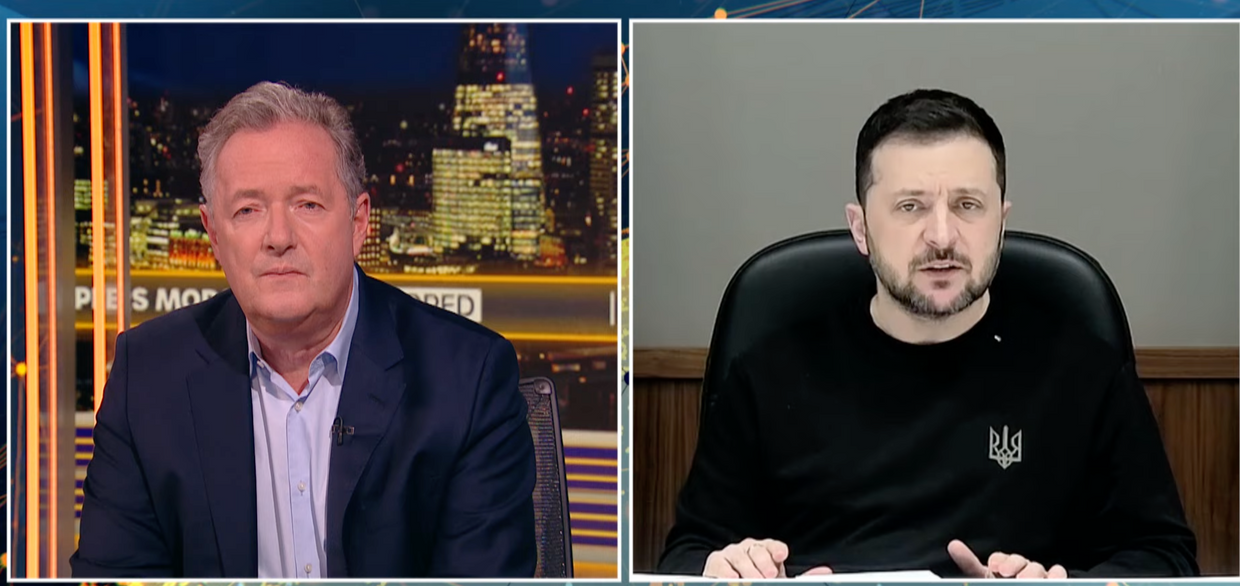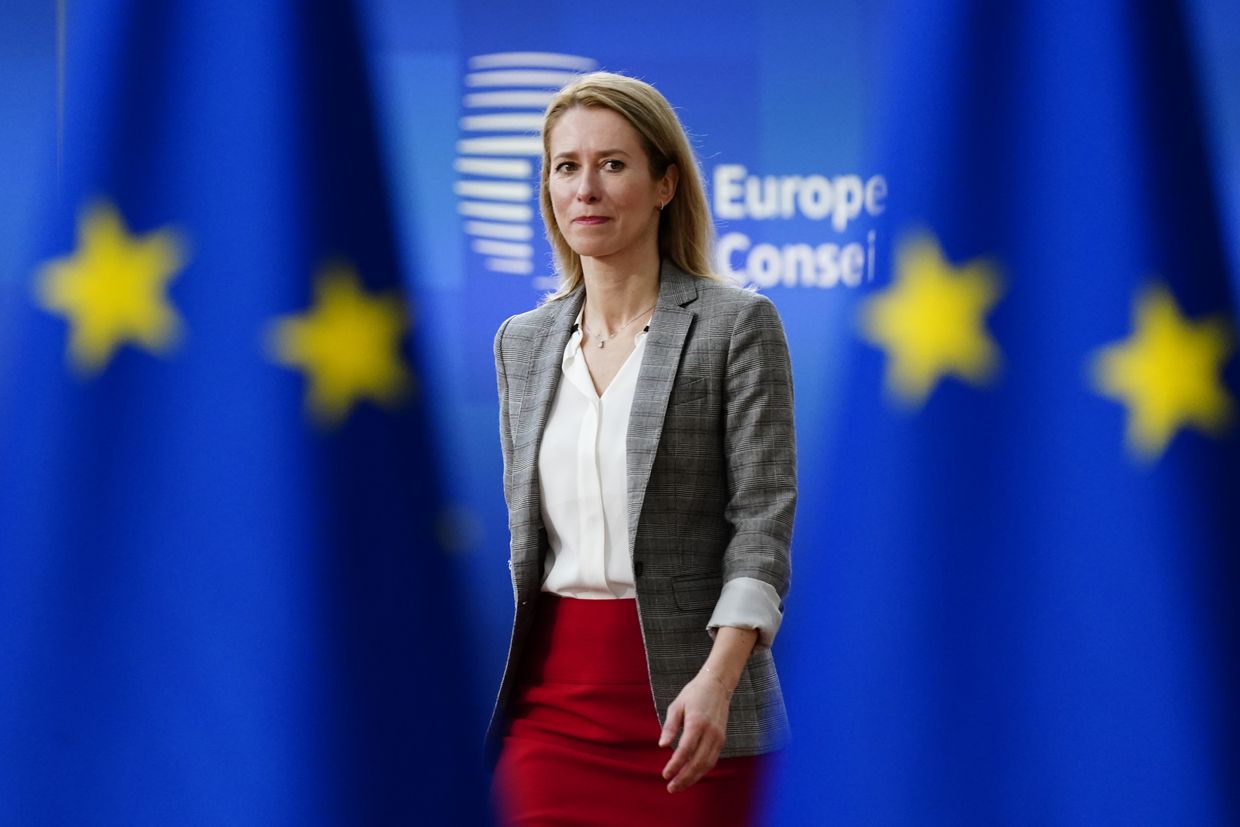Russia ready to negotiate despite Zelensky's 'legitimacy problems,' Kremlin spox claims

Kremlin spokesperson Dmitry Peskov reiterated Russia's claim that Ukrainian President Volodymyr Zelensky is illegitimate on Feb. 5 but said Moscow remains open to negotiations.
Peskov's comments follow Zelensky's statement in an interview with U.K. journalist Piers Morgan that he was willing to sit at the negotiating table with Russian President Vladimir Putin if it was the only way to end the war.
"Mr. Zelensky has big problems de jure in terms of his legitimacy, but even so, the Russian side remains open to negotiations," Peskov claimed. The spokesperson also called Zelensky's recent comments on negotiations "empty words," adding that they must be based on an actual "readiness and desire."
Russia has widely used the claim of Zelensky's alleged illegitimacy as part of its propaganda campaign to discredit Ukraine's government, arguing that Zelensky has served past his five-year term without holding new elections.
Ukrainian legal experts and officials have dismissed the narrative as false and unfounded, pointing to the fact that Ukraine's constitution does not permit elections under martial law and that a significant portion of the Ukrainian population is under occupation and, therefore, cannot vote.
Putin previously claimed that Zelensky had no right to sign any peace agreements, referencing the Ukrainian president's decree on Sept. 30, 2022, which banned negotiations with the Russian leader in response to Moscow's annexation of four Ukrainian regions.
Zelensky clarified on Jan. 26 that the decree only applied to other Ukrainian officials, not himself.
The discussion of potential negotiations comes as U.S. President Donald Trump has pushed for a peace deal between Kyiv and Moscow, pledging to broker a swift settlement in the next few months.
Zelensky, while saying that Ukraine was ready to end the "hot stage" of the war, suggested that if NATO membership is not an option, the U.S. should provide Ukraine with alternative security guarantees, including nuclear weapons, to prevent renewed Russian aggression.
"In general, such statements, such utterances, border on insanity," Peskov said in response to Zelensky's remarks.
Russia has repeatedly issued nuclear threats against Ukraine and the West since launching its full-scale invasion in 2022.
In November 2024, Putin approved updates to Russia's nuclear deterrence policy, outlining conditions under which Moscow could justify a nuclear strike, including aggression against Russia and its allies by a non-nuclear state with the support of a nuclear state.













